In recent years, metal additive manufacturing technology has gained significant support from governments and medical organizations, emerging as a pioneering force in the development of medical products. The combination of additive manufacturing with healthcare has gradually permeated every stage of medical processes, from preoperative planning to surgical implants and postoperative rehabilitation.
Sidebar
Potpourri
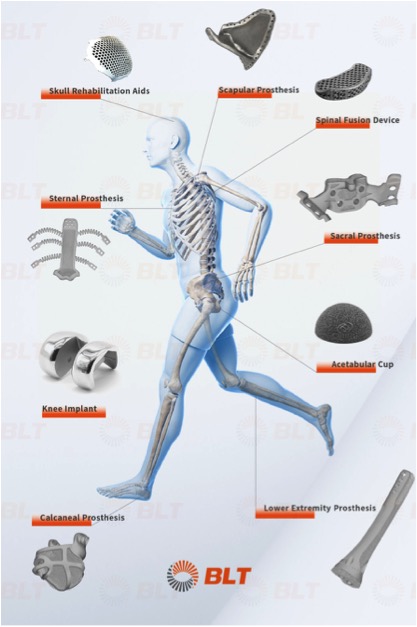
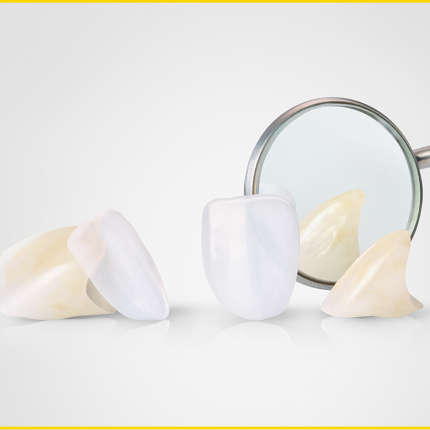
Lithoz at IDS 2023: Premiere of 3D-Printed Lithium Disilicate Restorations, Jointly Developed with Ivoclar
At IDS 2023, Lithoz will present lithium disilicate for dental ceramic 3D printing, jointly developed with Ivoclar
This material, based on IPS e.max lithium disilicate powder, will open up a long-awaited path to the series production of patient-specific, all-ceramic dental restorations
Further innovations shown feature a bioresorbable hydroxy apatite jawbone and serially 3D-printed dental implants made of zirconia (TZP-A) or alumina-toughened zirconia (ATZ)
With Lithoz LCM technology, highly complex and ultra-fine ceramic structures unattainable with conventional processes can be produced
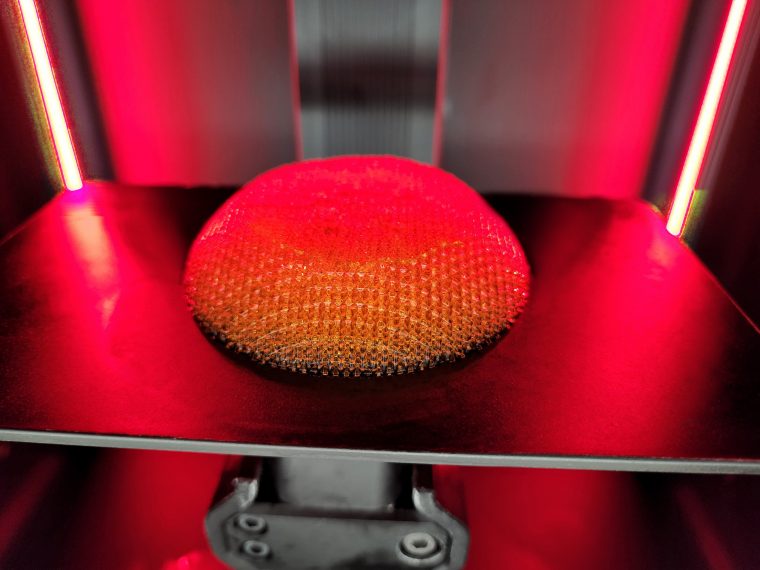
Stratasys and CollPlant Unite Technologies to Transform Healthcare with Industrial-Scale Bioprinting of Tissues and Organs
Joint development and commercialization agreement will initially focus on development of bioprinting solution for CollPlant’s regenerative breast implants, addressing $2.6 billion market opportunity
Stratasys’ P3 technology-based bioprinter and CollPlant’s rhCollagen-based bioinks also ideal for future innovation and production of additional human tissues and organs
Companies to cross-promote respective bioprinting products
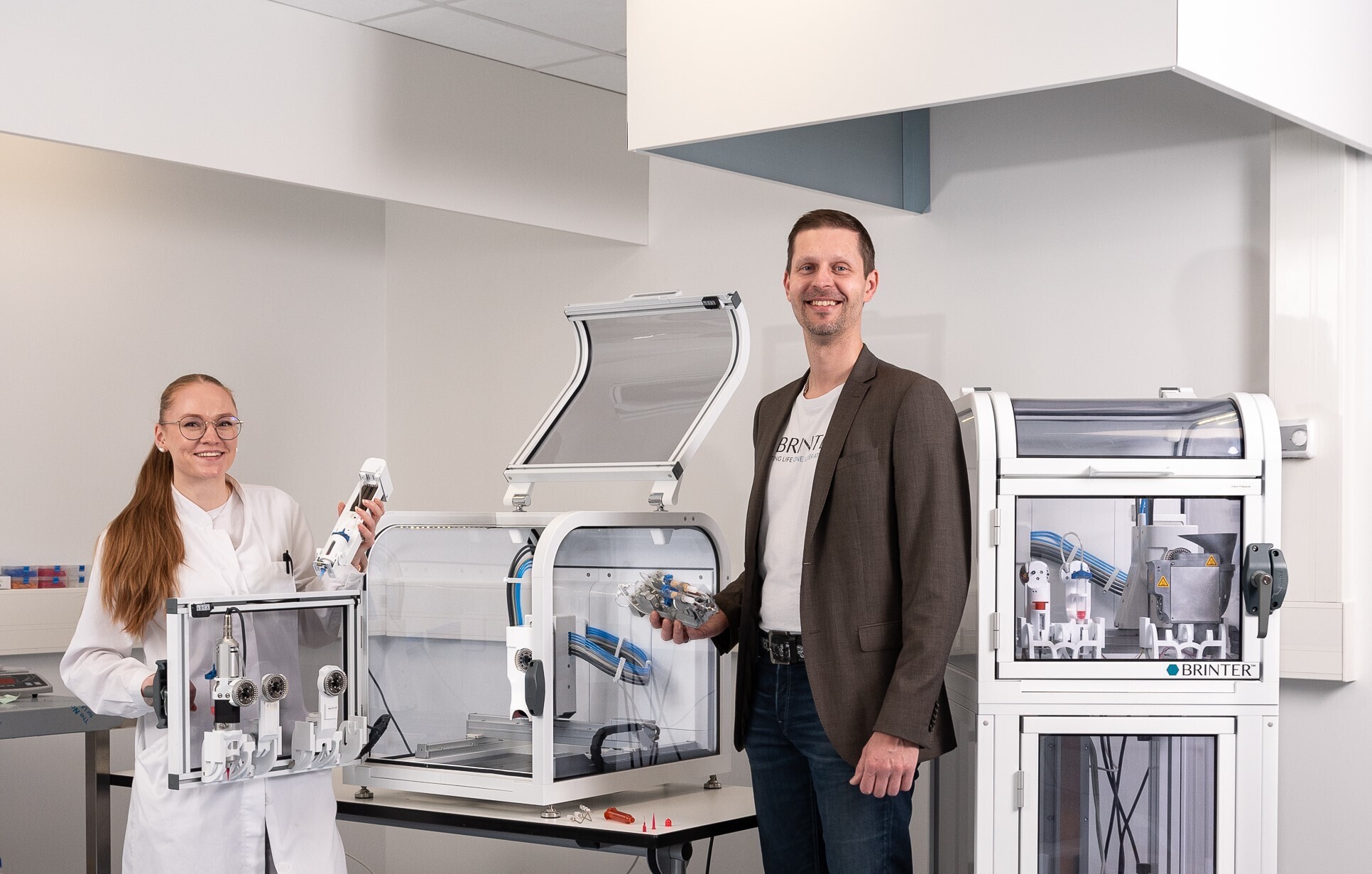
HP Multi Jet Fusion technology helps Brinter launch its innovative bioprinting solutions faster and more affordably
Brinter® Bioprinting Solutions include over 60 3D-printed parts using HP Multi Jet Fusion technology, making up 75% of all the custom-made medical equipment 3D parts found in the machine.
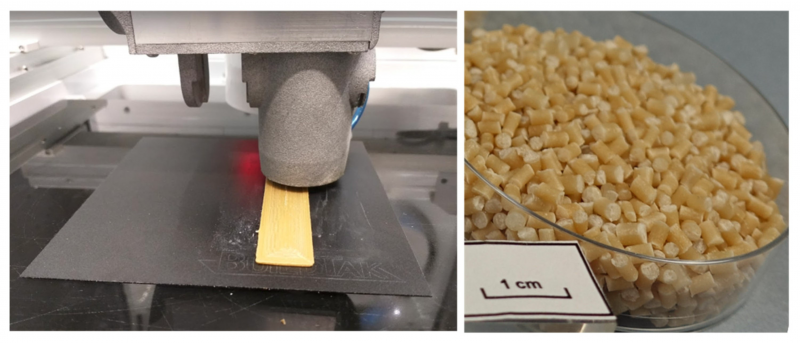
3D Printing of Industrial, Pharmaceutical and Other Materials Using Granulate Printing (GP) Process
Brinter has been developing the granulate-based multi-material 3D printing process as part of the EU Horizon2020 project Novum. The increased concern of environmental issues and technology development has led to growing interest in developing novel, sustainable, yet high-performance materials for industrial additive manufacturing (AM) and for a wide variety of applications such as electrical insulation components and parts for the automotive, marine and medical industry. AM enables rapid and cost-effective manufacturing of complex and lightweight parts without any expensive tools such as moulds.
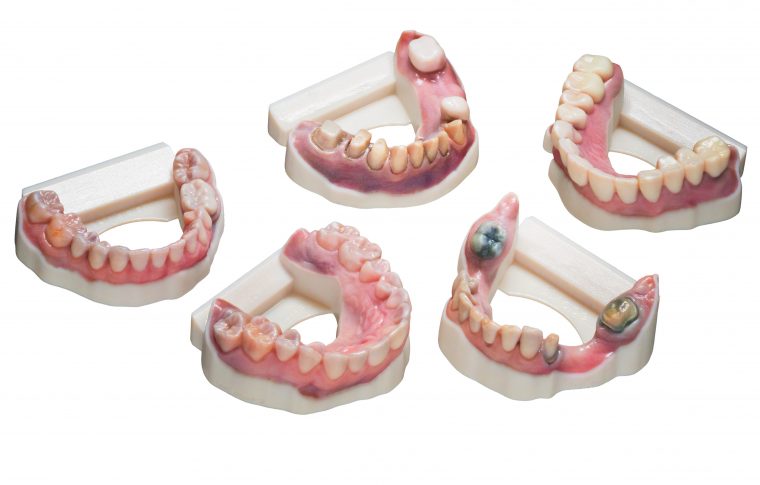
Stratasys and 3Shape introduce new automated digital color workflow for accurate 3D printed models
Unique seamless workflow, from intraoral scan to the J5 DentaJet 3D printer, unlocks the full geometric and color capabilities of PolyJet technology for dentistry
Get it Right with KeyDenture Try-In
Keystone Industries introduces KeyDenture Try-In, a high-quality 3D printing resin designed for manufacturing short-term trial dentures. Like all KeyPrint® 3D resins, KeyDenture Try-In is compatible with a variety of printers and workflows and has been subjected to a rigorous battery of tests to ensure the material is compliant with international regulatory and quality standards.
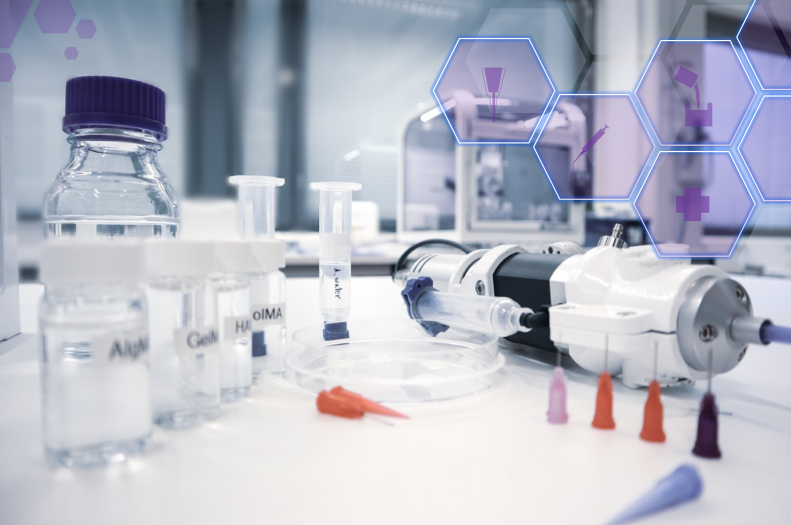
Brinter launches upgraded Pneuma Triaxial Pro “Digital Pneuma Pro“ bioprinting head capable of doing microfluidic manipulations to enable more personalized tissue cell therapy and transform how diseases are treated
Currently being piloted with selected customers, the new 3D bioprinting head provides a revolutionary approach to regenerative medicine and replacing lost biological functions.
Brinter will be at Formnext 2021 Exhibition
After 18 months of almost entirely digital encounters, Brinter is excited to participate onsite at the Formnext 2021 Exhibition in Frankfurt, Germany, on 16–19 November.
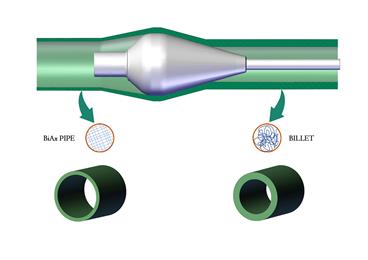
SABIC introduces unique new pipe technology in collaboration with major players in the pipe industry
SABIC, a global leader in the chemical industry, today has announced the development of a new technology and range of dedicated polyethylene (PE) and polypropylene (PP) resins that mark a significant leap forward in the performance profile of polyolefin pressure pipes.
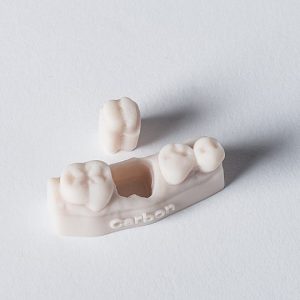
PostProcess Resin Removal Solution Streamlines Model 3D Printing for Carbon Customers
PostProcess’ DEMI 910 Automated Resin Removal Solution is Now Compatible with Carbon® DPR 10 Resin

 Deutsch (Germany)
Deutsch (Germany)  Polski (PL)
Polski (PL) 









